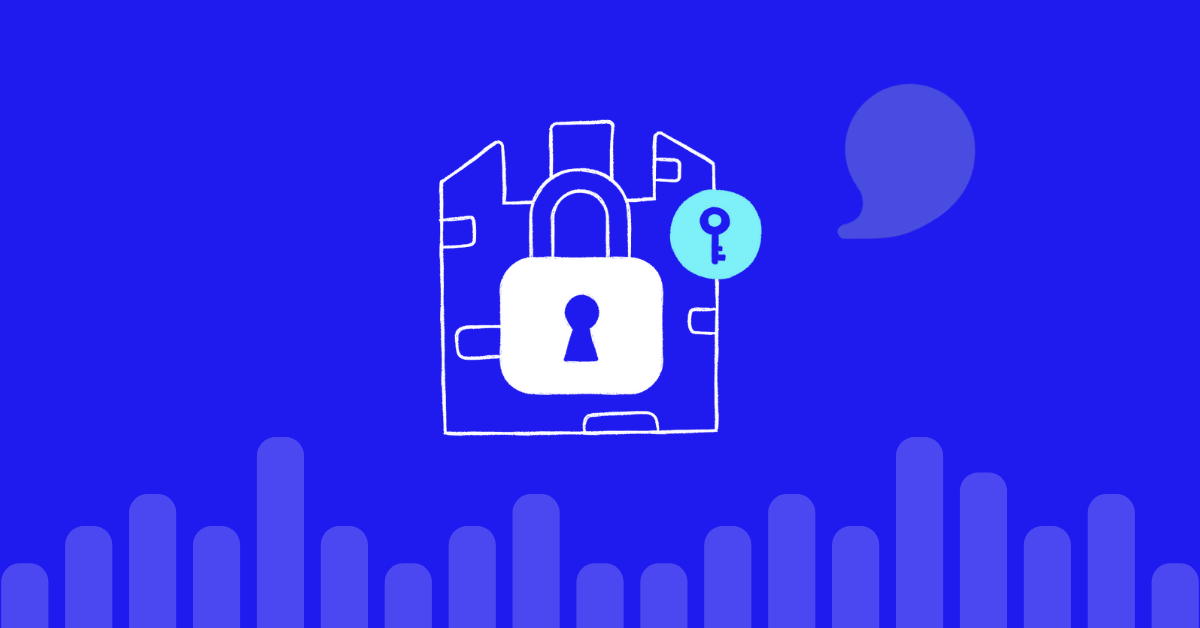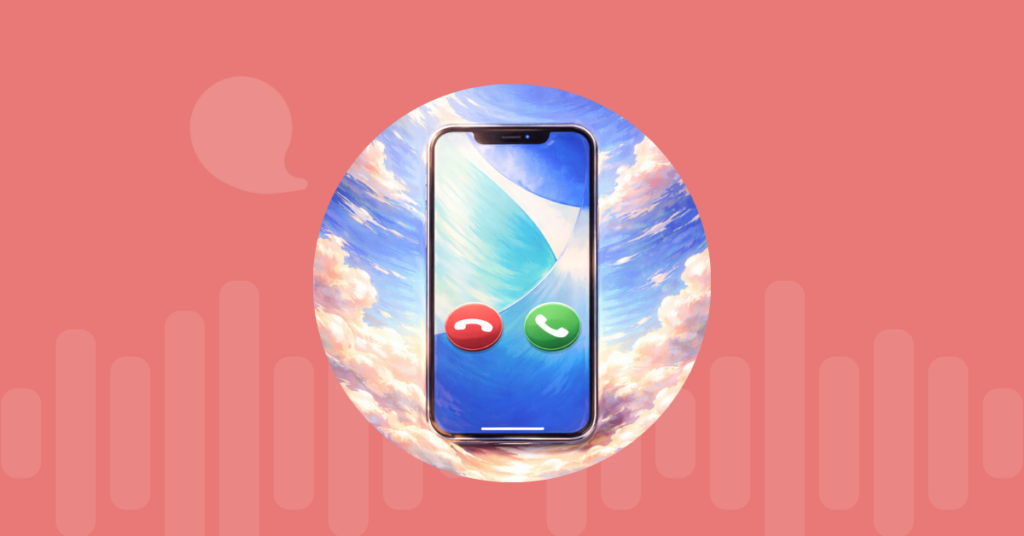
Table of contents
Have you come across the terms SIP, VLAN or TLS? Not unless you actively search for information on VoIP. Most people don’t know these acronyms at all. But organizations are worried about their VoIP phone systems.
When VoIP technology first launched, the biggest concerns were quality and reliability. Could a VoIP call match the crystal clear audio quality of a landline? Could the service provider guarantee calls would not drop suddenly? The industry has come a long way since those days. Users expect HD audio and reliable service even as vendors exceed those expectations daily.
But security has replaced these concerns of late. Organizations worry if their phone systems could be vulnerable to hackers. Can an unauthorized person eavesdrop on confidential conversations? Can criminals break into the phone system and target other computers from there? Some organizations give up on the technology completely when they hear that there are security concerns to VoIP.
Yes, VoIP is Vulnerable
The reality is that VoIP is only as secure as you make it. The technology puts voice calls on the Internet, along with every other type of data. Since voice calls are no longer confined to their own special network, it opens up new vulnerabilities. However, these risks are not actually new.
Your VoIP calls are just as vulnerable as email. Email systems experience breaches now and then but you don’t stop using them! Instead, you try to secure them by adding protections. It’s the same approach you should adopt for VoIP as well. After all, VoIP can cut costs, improve efficiency and enhance productivity within organizations. Why should you throw all of that out when there are ways to secure the system effectively?
Protecting a VoIP Call
There are several methods to secure VoIP calls. VoIP calls use different protocols such as SIP. Rather than using the standard ones, you can implement the secured versions instead. SIP addresses look somewhat similar to email – SIP:user@domain. So instead of the usual SIP address, you can use SIPS:user@domain which indicates that it’s using an encrypted connection. It’s similar to HTTPS which indicates the connection between your browser and the website you’re visiting is encrypt it.
Another way to ensure security is by routing the secure SIP call through a VPN (Virtual Private Network). Many businesses use VPN to allow employees to work remotely. Sending VoIP calls through a VPN will add an extra layer of protection. However, you have to be sure that you have sufficient bandwidth. Otherwise call quality can degrade to the point where you can barely listen to the other person.
Some organizations also set up a VLAN exclusive to voice calls. It gives the advantage of separating your VoIP calls from other types of data traffic. That means voice calls don’t have to jostle with other data for priority and also keeps them secure.
Securing the Entire Network
It’s easy to lose sight of the fact that general security guidelines can help. Securing your phones doesn’t have to be hard or complicated. For instance, keep your network hardware up to date with the latest patches and firmware. This will close security loopholes. It ensures hackers cannot exploit existing vulnerabilities to target your system.
General protective measures like using firewalls, protecting against malware etc. are also helpful tools that apply to VoIP. If you’re using hosted VoIP service, users have their own accounts accessible through the online dashboard. Hackers don’t need sophisticated equipment or techniques if they have your usernames and passwords! So security training and awareness about passwords are necessary.
Do your employees change their passwords regularly? Does your password policy allow for longer passwords? Is there an employee or two who writes down their passwords on sticky notes? You might not think it but users are the weakest link in your security system. Most breaches happen because of careless users than sophisticated techniques.
A New Perspective
When it comes to securing your VoIP phone system, the most important thing to keep in mind is that your phones are more like your computers. They’re not dumb boxes anymore. Businesses cannot treat their VoIP systems in the same way as older systems. Maintaining your phones needs IT expertise, whether you have it in-house or hire external consultants.
Think of your SIP endpoints, VoIP hardware, softphones apps etc. as computers. You can use the same security measures you implement to protect desktops and laptops for VoIP as well. You might need specific tools that are VoIP aware and understand the new technology but it’s not hard to set them up. Prioritize VoIP security and there’s no reason for your phones to be insecure at all!
More from the blog
Want to improve your business communication?
Unlock enterprise-class call center power at affordable prices – no hardware, no delays, no surprises!






